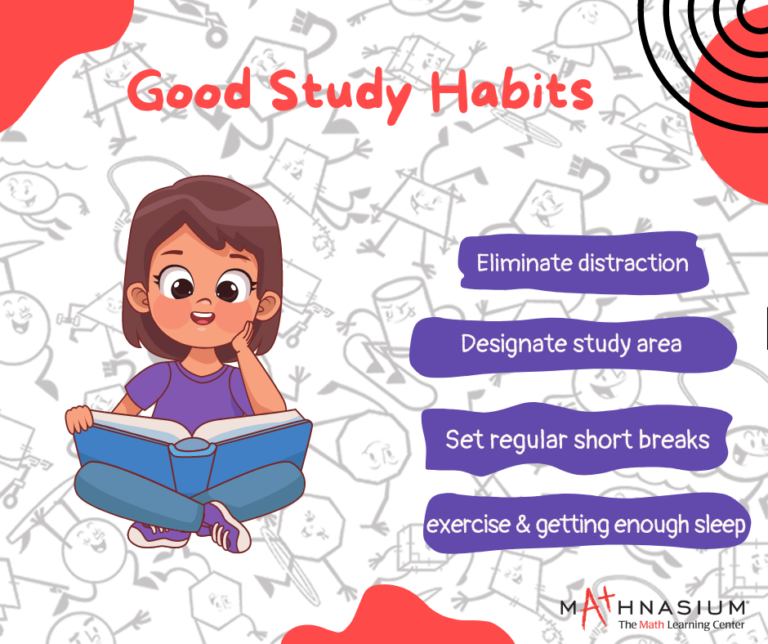Leveraging Podcasts as Study Tools
Podcasts have exploded in popularity over the past decade, offering a diverse array of content that can serve as a valuable study tool for students. With their convenient format and engaging storytelling, podcasts can enhance your learning experience, reinforce concepts, and provide diverse perspectives on various subjects. This article explores how to effectively leverage podcasts as study tools and integrates them into your academic routine.
Why Use Podcasts for Studying?
Podcasts offer unique advantages as study tools:
- Accessibility: You can listen to podcasts anytime, whether you’re commuting, exercising, or relaxing at home.
- Engaging Content: Well-produced podcasts often feature compelling storytelling and expert interviews that make complex topics more relatable and easier to understand.
- Diverse Perspectives: Podcasts can expose you to various viewpoints and ideas, enriching your understanding of the subject matter.
- Supplemental Learning: They can reinforce what you’ve learned in class, helping to cement information in your memory.
Finding the Right Podcasts
Step 1: Identify Your Subjects
Consider the subjects or topics you want to focus on. Whether it’s history, science, literature, or technology, there are likely podcasts dedicated to your area of interest.
Step 2: Research Recommendations
Use platforms like Apple Podcasts, Spotify, or Google Podcasts to search for popular shows. Look for:
- Listener Ratings and Reviews: High ratings and positive feedback often indicate quality content.
- Relevance: Ensure the podcast aligns with your curriculum or areas you wish to explore further.
Step 3: Explore Educational Networks
Some networks and organizations curate lists of educational podcasts. For example:
- TED Radio Hour: Features TED Talks on various subjects.
- NPR: Offers a range of educational content across disciplines.
Incorporating Podcasts into Your Study Routine
Step 1: Schedule Listening Time
Integrate podcast listening into your daily or weekly study schedule. You might:
- Listen during commutes or breaks.
- Set aside specific time slots for focused listening.
Step 2: Create a Podcast Playlist
Compile a list of relevant episodes that complement your study materials. This way, you have a go-to resource when reviewing specific topics.
Step 3: Balance with Other Study Methods
While podcasts can be a great supplement, they should not replace traditional studying methods. Use them in conjunction with textbooks, lectures, and notes for a comprehensive learning experience.
Active Listening Strategies
Step 1: Take Notes
Treat podcast listening like a lecture. Jot down key points, interesting quotes, and questions that arise while you listen. This practice enhances retention and comprehension.
Step 2: Pause and Reflect
If a concept resonates or confuses you, pause the episode. Take a moment to reflect on the material, and consider how it connects to what you’ve learned.
Step 3: Discuss with Peers
Engage in discussions about podcast episodes with classmates or study groups. Sharing insights can deepen your understanding and provide new perspectives.
Combining Podcasts with Other Study Techniques
Step 1: Use Podcasts for Review
After studying a topic, listen to related podcasts to reinforce your understanding. This can help solidify information in your memory.
Step 2: Pair with Reading
If a podcast references a book or article, read that material alongside the episode. This multi-modal approach can enhance comprehension and retention.
Step 3: Create Study Guides
After listening to a series of episodes on a topic, summarize the information into a study guide. This not only reinforces your learning but also creates a valuable resource for future review.
Potential Pitfalls to Avoid
Distraction
While podcasts can be engaging, ensure you remain focused. Avoid multitasking or using distracting environments. Choose quiet spaces for better concentration.
Over-Reliance
Podcasts are valuable tools, but they shouldn’t replace thorough studying. Balance your time between listening and engaging with textbooks, assignments, and other study materials.
Quality Control
Not all podcasts are created equal. Be discerning about the sources you choose. Stick to reputable podcasts that provide accurate information and well-researched content.
Conclusion
Podcasts are a versatile and engaging study tool that can enhance your learning experience. By finding the right shows, actively listening, and integrating them into your study routine, you can leverage their benefits to reinforce your understanding of various subjects. With careful selection and strategic use, podcasts can transform your study habits and enrich your academic journey. So plug in, listen up, and elevate your education through the power of podcasts!






